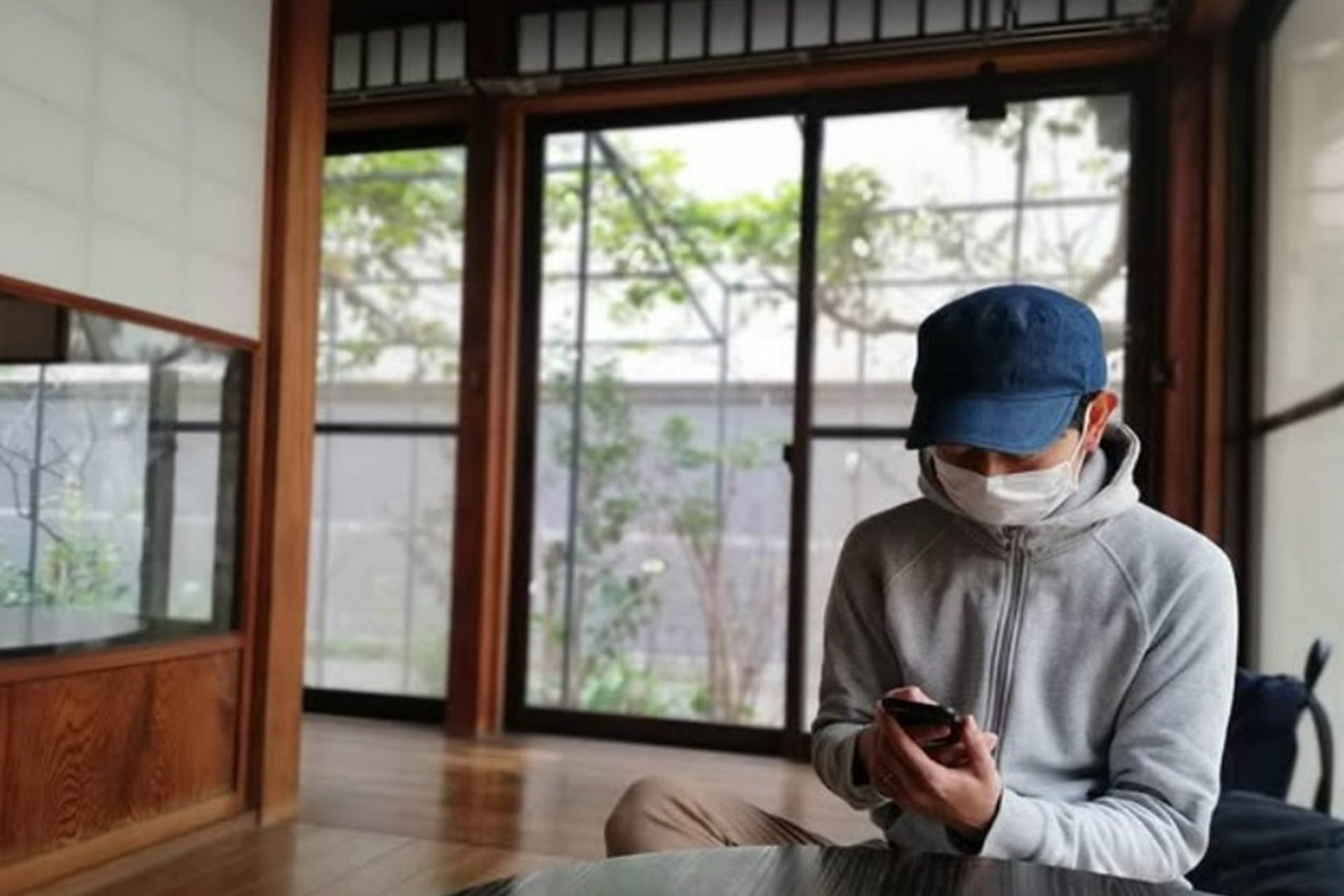Chinese 'Nostradamus' Liu Bowen: Covid lasts two more years
Did you know that fortune telling is very popular in Chinese culture, especially for the Lunar New Year? While some look to present-day fortune tellers to predict their futures, others look to China’s Nostradamus: the historic figure of Liu Bowen.
(Image: Wikimedia Commons, public domain)
Liu Bowen is a historical figure in China, known for his role as a military strategist, philosopher and politician during the Yuan and Ming dynasties in China. He was born on 1 July 1311 in the Zhejiang province of China.
(Image: Wikimedia Commons, public domain)
In his early life, Liu Bowen was a scholar who strived desperately to prevent the doomed Yuan Dynasty from falling. Very few images have remained of this ancient wise man, but TV-series like 'Foresighted Liu Bo Wen' (AppleTV, NewTV) reenact his achievements in Chinese history.
(Image: NewTV)
Liu Bowen served the Yuan Dynasty in his early life, but as he got disillusioned with the government and its corruption, he joined an anti-Yuan rebel, Zhu Yuanzhang. Liu Bowen assisted him with sound military strategies and helped Zhu become Emperor Hongwu of the Ming Dynasty, ruling over a united China.
(Image: NewTV)
It was during the time of his service to the Ming Emperor that Liu Bowen published a prophetical text. Historians believe that the text was written to help him strengthen his position in the government.
(Image: NewTV)
Liu Bowen's text was called 'Pancake Song.' Despite its unassuming name, the 'Pancake Song' is highly regarded in Chinese culture as a prophetical text! It is part of a collection of 11 important prophecies in Chinese historical literature.
(Image: NewTV)
How was the ‘Pancake Song’ conceived? According to China's online encyclopedia on Baidu, the song was invented on the spot by Liu Bowen during an afternoon with Emperor Hongwu (in the picture). To test Liu Bowen’s prophetical skills, the emperor hid his snack before the prophet walked in. He then asked him to guess what he'd been eating. Liu Bowen guessed correctly that the emperor was eating pancakes.
(Image: Wikimedia Commons, public domain)
With his powers proven, the Emperor then asked Liu Bowen a barrage of questions about the future. Liu Bowen demonstrated his prophetical abilities by responding to the Emperor’s questions in a cryptic poetic song filled with predictions.
(Image: NewTV)
From a report on the Chinese government-run website Sohu, the ‘Pancake Song’ has successfully predicted several historical events in China accurately leading up to 1911.
(Image: NewTV)
Liu Bowen foresaw the internal strife between the Ming Dynasty heirs during the ‘Jingnan Campaign’. He also predicted the fall of the dynasty to Mongol invaders in the ‘Tumu Crisis’, as well as the rise of the great Chinese explorer Zheng He and the monk Yao Guangxiao who created the world’s largest encyclopedia during Ming rule.
(Image: NewTV)
Liu Bowen also prophesized how the Ming Dynasty would fall under the hands of a scheming eunuch, Wei Zhongxian, and that it would be succeeded by the Manchu invaders - leading to a new rule under the Qing Dynasty.
(Image: Wikimedia Commons, public domain)
For later eras in Chinese history, Liu Bowen predicted the Opium War, the Sino-Japanese War, and the end of imperial rule in China with the 1911 Revolution – which led to the establishment of the Republic of China.
(Image: Getty)
Due to its accuracy in foretelling these events, the ‘Pancake Song’ has been considered a prophetical text in Chinese culture - and Liu Bowen as a prophet. However, did Liu Bowen also make predictions for our time, and do his prophecies hold weight?
(Image: NewTV)
A report from Epoch Times suggests that Liu Bowen made an important prediction for our time. He did not do so in the 'Pancake Song' but in another poem, which he allegedly wrote on a tablet on the Baishan Mountain.
(Image: Getty)
In 'The Ten Worries,' a poem ascribed to the famous philosopher, Liu Bowen predicted the outbreak of the Covid-19 pandemic.
(Image: Getty)
Epoch Times specifically quotes a line from the poem, that loosely translates to "10 terrible worries of the pig and rat years." This prediction coincides with the origins of the Covid-19 virus, which started and rose to prominence in the zodiac years of the pig and rat in 2019 and 2020.
(Image: Getty)
According to the report, Liu Bowen is also believed to have predicted the end of the pandemic in ‘The Ten Worries’.
(Image: Getty)
There's a line in the poem saying that "all will pass in the dragon and snake years." Following the Chinese zodiac order, this means that the coronavirus pandemic might not end until the years 2024 and 2025 - the dragon and snake years.
(Image: Getty)
Liu Bowen's prophecy, therefore, indicates that 2023 is another year that we are stuck with the virus - and even 2024 is not safe!
(Image: Getty)
However, SET News has also come forth to debunk this theory. It cites historian Cai Chengfeng from Sun Yat-Sen University in saying that it is not certain whether the poem on Liu Bowen’s tablet in Baishan Mountain was actually written by the prophet himself.
(Image: NewTV)
Cai Chengfeng puts forth a theory that ‘The Ten Worries’ might have actually been written by an unknown Emperor who used the poem as a political tool to justify the calamities during his reign. To legitimize the document, he passed it off as Liu Bowen’s.
(Image: NewTV)
As with many other prophets, like the European Baba Vanga and Nostradamos, it all depends on the interpretation of the texts. In any case, there’s no denying that people are eager for the COVID-19 pandemic to end and that they place hope in the text’s parallelism to real-world events.
(Image: NewTV)

































